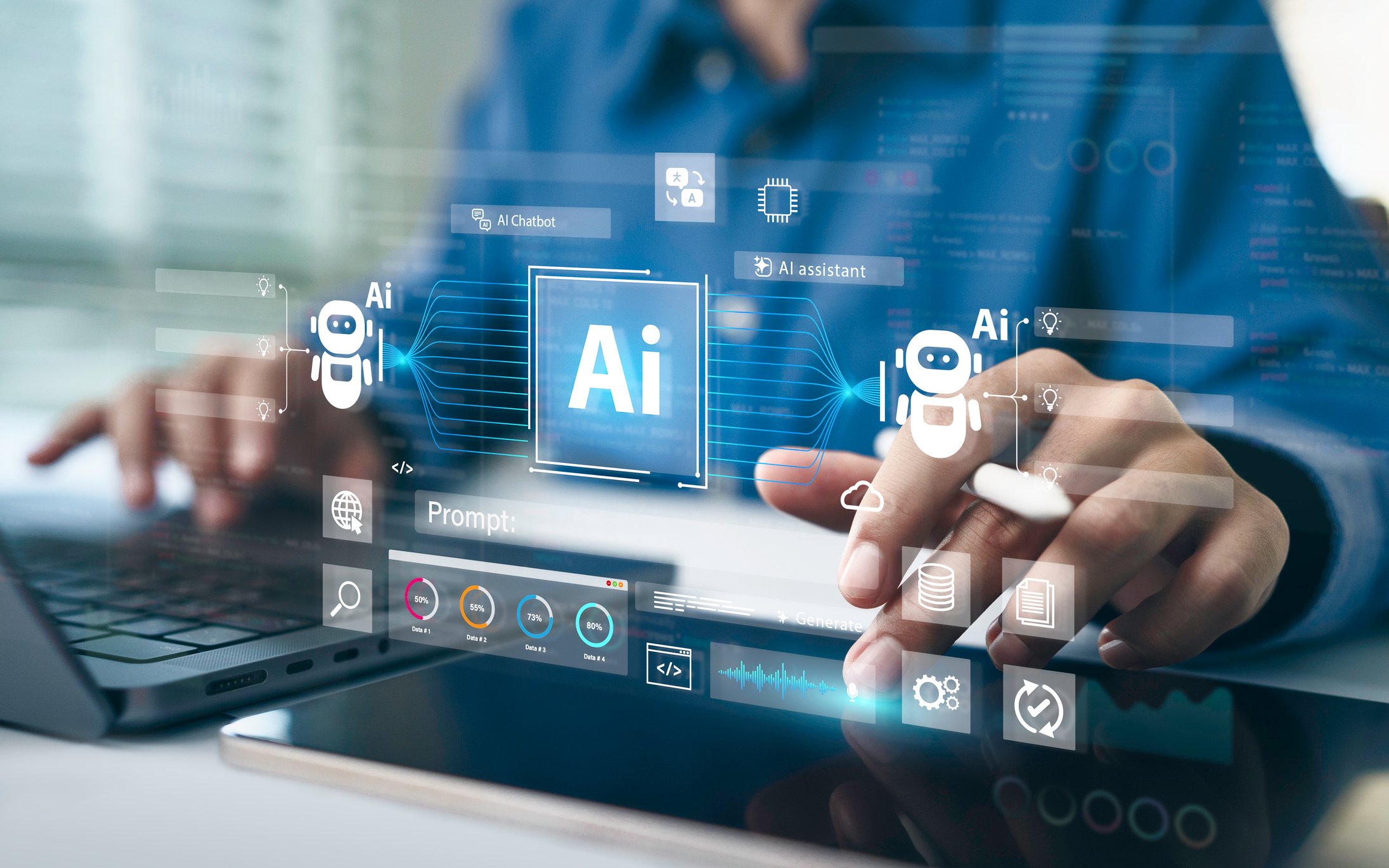Artificial intelligence (AI) is not just for tech companies and research labs; it is quickly becoming part of everyday life.
Today, many people are already using AI without even realizing it, and in the next few years, it will be as common as smartphones or Wi-Fi.
Let us look at how AI is making its way into the hands of everyday users and what it means for our daily routines.
AI Opportunities
Smarter Personal Assistants
Voice assistants like Siri, Alexa and Google Assistant have been around for years, but they are getting much more powerful. Now, AI understands natural speech better, remembers your preferences, and even predicts your needs. Imagine telling your phone, “Plan my weekend,” and having it suggest restaurants, book tickets and coordinate automatically with friends.
AI in Everyday Apps
From photo-editing apps that fix lighting automatically to email tools that suggest replies, AI is embedded in the software we use daily. In productivity apps, AI can summarize meeting notes, draft reports and even translate conversations in real time — turning complex tasks into quick, effortless actions.
Personalized Shopping and Recommendations
AI already powers online shopping. Those “you might like” product suggestions are not random; they are based on your browsing and buying history. Soon, AI will go a step further, acting like a personal shopper who knows your tastes, budget and needs, suggesting items before you even search for them.
Home Automation
Thanks to AI, smart home devices are getting smarter. Your thermostat might not just adjust based on temperature anymore — it could learn your schedule, understand the weather forecast and optimize energy use. Lights, security systems and appliances will adapt to your lifestyle automatically.
Education and Learning
AI-driven learning platforms can tailor lessons to your strengths and weaknesses. If you are learning a language, for example, AI can figure out where you struggle and give you more practice in those areas. This means learning will become more efficient, personalized and enjoyable.
Health and Wellness
Wearable devices like smartwatches are already tracking heart rates and sleep patterns. With AI, these devices will not only collect data but interpret it — warning you of potential health issues, suggesting lifestyle changes and even connecting you directly with medical professionals when needed.
Everyday Creativity
AI can now help people write stories, compose music, or design art. For the average person, this means you do not need to be a trained artist or musician to create something beautiful. AI tools can collaborate with you, turning ideas into finished projects in minutes.
The Risks of AI
Privacy Concerns
AI systems often collect and analyze personal data, raising questions about who has access to it and how it is used. Some smart devices may be listening more than you realize.
Overdependence
Relying too much on AI can cause us to lose certain skills. If your GPS stopped working, would you still know how to navigate?
Bias and Errors
AI is not perfect. It can make mistakes or reflect unfair biases from the data it is trained on. That means it might give wrong or skewed results.
Job Displacement
As automation grows, some jobs may be replaced by AI, particularly in roles with repetitive tasks.
Security Threats
Scammers are now using AI to create deepfake videos, fake voices, and more sophisticated phishing attacks that are harder to spot.
AI can be an incredibly useful tool for everyday life, making things faster, easier, and more accessible. However, it is important to use it thoughtfully; protect your privacy, double-check important information, and stay alert to scams. By understanding both the benefits and risks, you can enjoy the perks of AI while avoiding its pitfalls.





